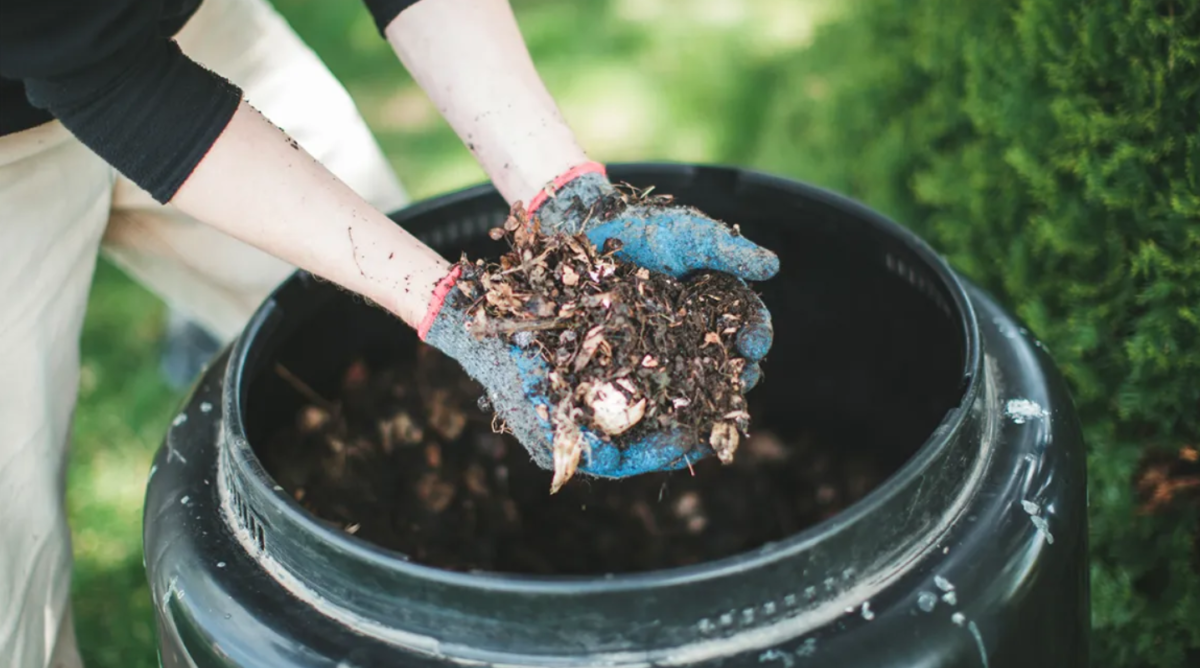Food Cycle Series, Community Composting 101: What, Why, and How

Event Details
- Date
- May 5, 2022
- Time
- 7:00 pm – 8:00 pm
- Location
-
Virtual program Zoom link to be provided upon registration
- Presented By
- Delaware Center for Horticulture
- Event Type
- Ticket Cost
- Free
- IN Budget
Description
Do you already compost? Want to do more or learn how to recycle your food scraps? Are you affiliated with an urban farm, community garden, school, community venue or agency that might want to pilot a program? This virtual workshop will cover the many benefits of compost, the basic steps involved in composting, how to build a community composting project, examples of community projects, and tips for success.
Compost enhances soil, protects the climate, cuts waste, and builds community resilience. And almost anyone can do it! Composting is not rocket science, but learning the basics will set home composters and community gardeners up for success.
In recognition of International Compost Awareness Week and as an extension of last year’s popular FoodCycle series, The Delaware Center for Horticulture is hosting this workshop featuring Brenda Platt, director of the Composting for Community project at the Institute for Local Self-Reliance (ILSR), a national nonprofit. Brenda has authored numerous reports on composting, including Growing Local Fertility: A Guide to Community Composting, Yes! In My Backyard: A Home Composting Guide for Local Government, Guide to Composting Onsite at Schools, and Community Composting Done Right: A Guide to Best Management Practices. She has many years of experience offering compost training at the home and community level. Brenda currently convenes a national Cultivating Community Composter Coalition and championed the development of ILSR’s Neighborhood Soil Rebuilders Community Composter Training Program. Her work has been recognized by the US Composting Council and the U.S. Environmental Protection Agency.






